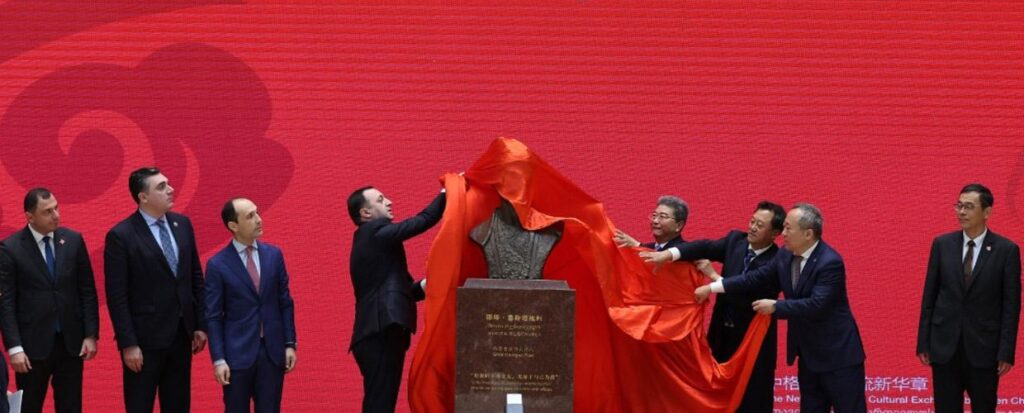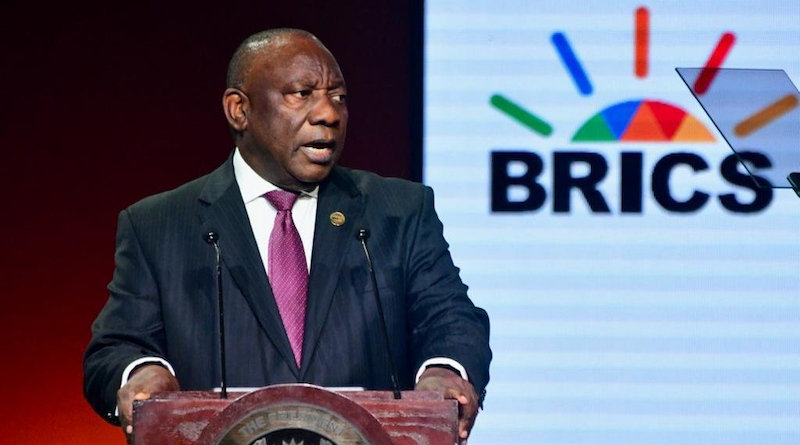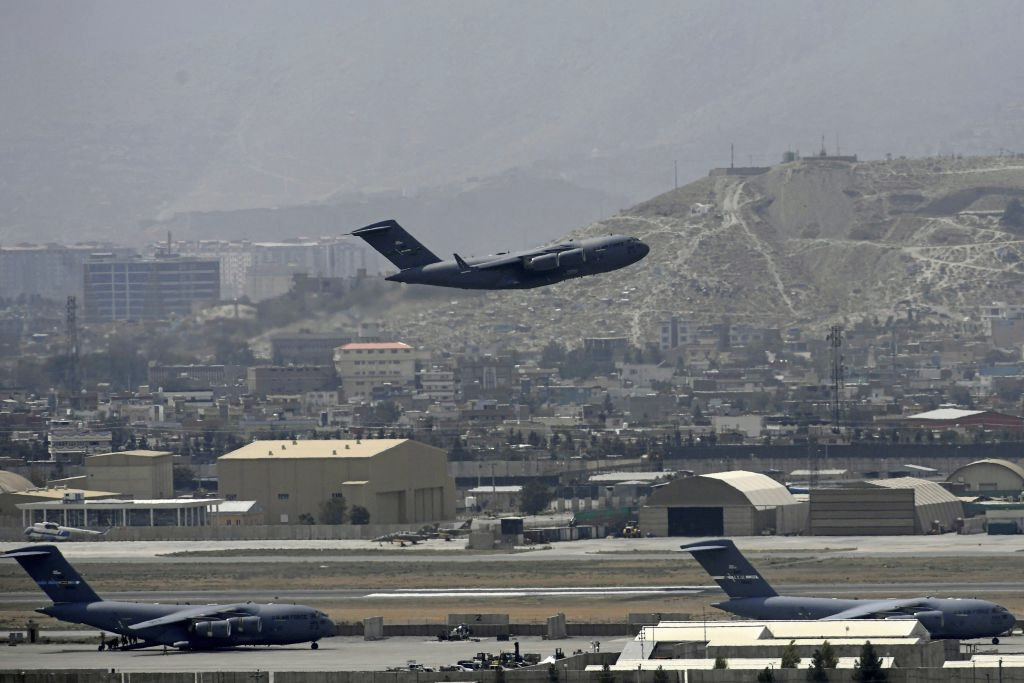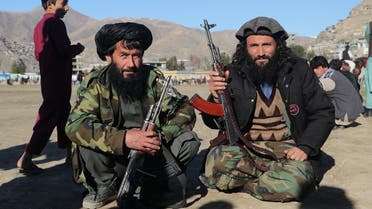Mobilisation stratégique étasunienne contre la Chine, la Russie et l’Iran
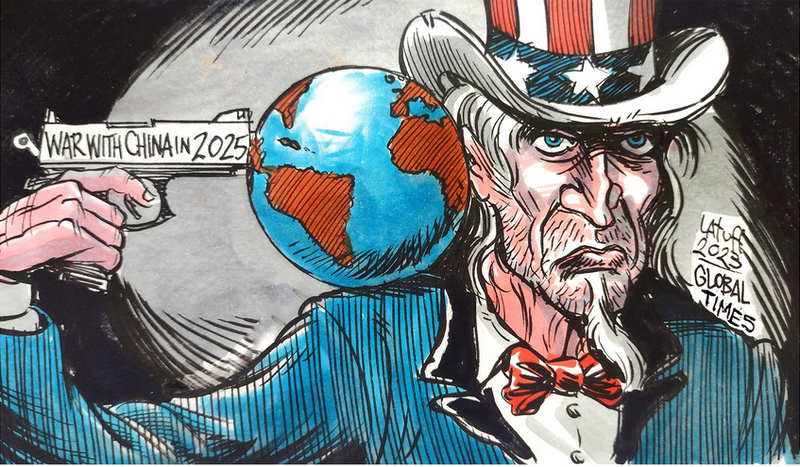
En dépit de ses quatre-vingts ans, de ses trébuchements continus et de ses gaffes à répétition, l’État profond a décidé de maintenir la candidature du président américain Joe Biden aux élections présidentielles de 2024. Ce qui amène tout observateur ou analyste politique à se poser la question fondamentale : quelles sont les raisons qui poussent les décideurs aux États-Unis à le choisir pour continuer à occuper une position aussi importante, sensible et dangereuse, alors qu’il risque de provoquer une guerre nucléaire mondiale pouvant conduire à l’anéantissement de l’humanité ?

